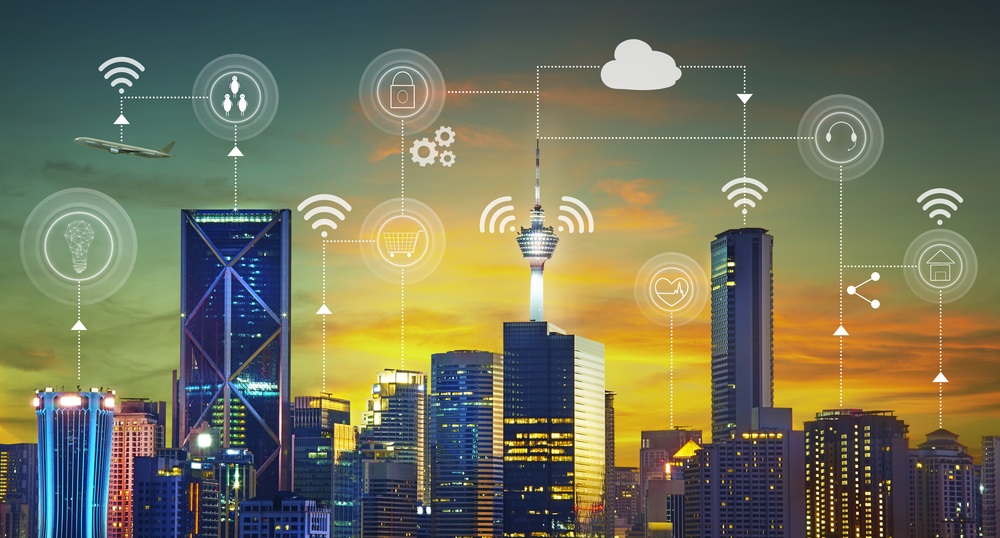SMART Buildings

What is a SMART building?
A smart building is a building which incorporates technology to optimise performance, save energy and grant greater control over how an asset is managed. They are also often referred to as ‘automated’ or ‘intelligent’ buildings.
The systems installed in smart buildings make them more comfortable, efficient, functional and safe. They allow the control of multiple aspects on one interface including:
- Lighting
- Heating
- Air ventilation
- Smart meters
- Safety sensors/motion detectors such as CCTV, fire, smoke etc.
- Power distribution
Technology is becoming more and more important in optimising the use and performance of buildings. The advancements are forcing design, development, management and tenants, to all forge better relationships in order to maximise opportunities and utilise new tools/proceedures.
The internet of things (IoT) is allowing the internet to connect with physical devices which have been around for several years, (e.g. motion detectors, thermostats and timers/clocks) advancing the device’s capabilities and delivering new data. This digital transformation equips business with new, accurate intelligence, allowing a much faster response, improved communication, reduction of cost and better time management.
Taking this further, Artificial Intelligence (AI) provides a response or action to the information gained, such as turning the lights off if there is no motion detected. The digital transformations we are witnessing are radically disrupting facilities management procedures and improving business performance. Smart buildings are allowing a better allocation of costs, safer environments, sustainable and environmentally efficient processes, and the ability to further optimise infrastructure operations.
Building Management Systems (BMS) are becoming increasingly more widespread and will soon become an industry-standard in all buildings moving forward. When they were first developed, they were initially targeted mainly for large assets, however, as they have advanced and become easier to control and more accessible, buildings of all sizes are implementing BMS to optimise and improve productivity – even residential!
The developments have resulted in facilities management professionals needing to be tech-savvy – amongst a fast-growing and varied skillset. With professionals now being armed with an impressive suite of new tools, facilities managers need to have a proficient level of IT literacy and analytical skills. These skills ensure they can harness the latest technology advancements and confidently assess the data obtained to monitor, control and adjust systems accordingly.
With technology advancing at a rapid rate and new ideas always coming forward, today’s processes could well become obsolete in 5 years – or even less – so it is crucial businesses embrace technology now! Integrating processes that are flexible and easily adapted will ensure buildings are managed efficiently and are ‘future-ready’ to grow successfully in a world where everything’s connected.
